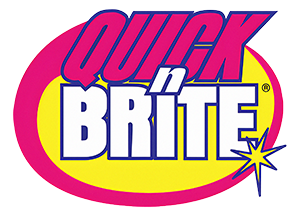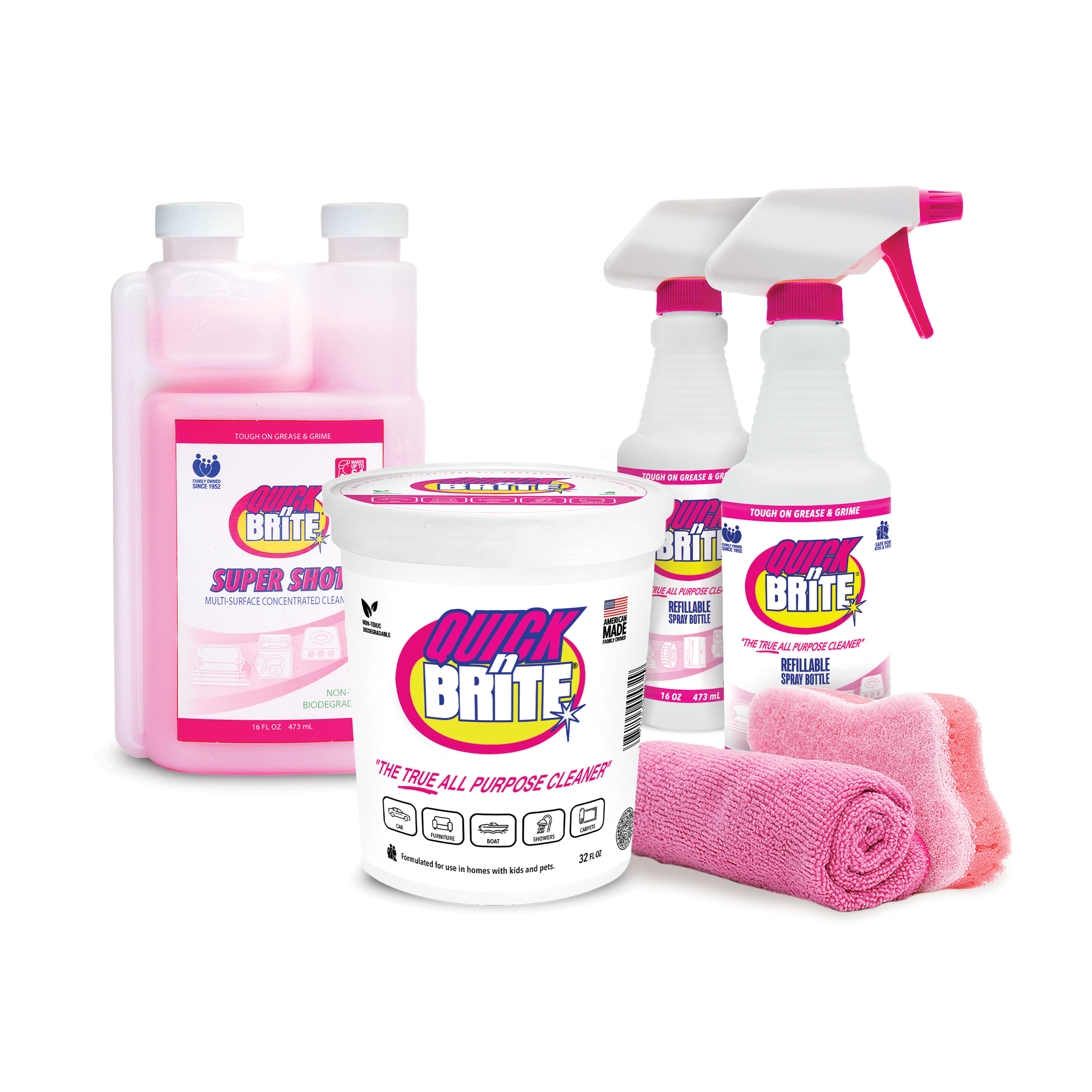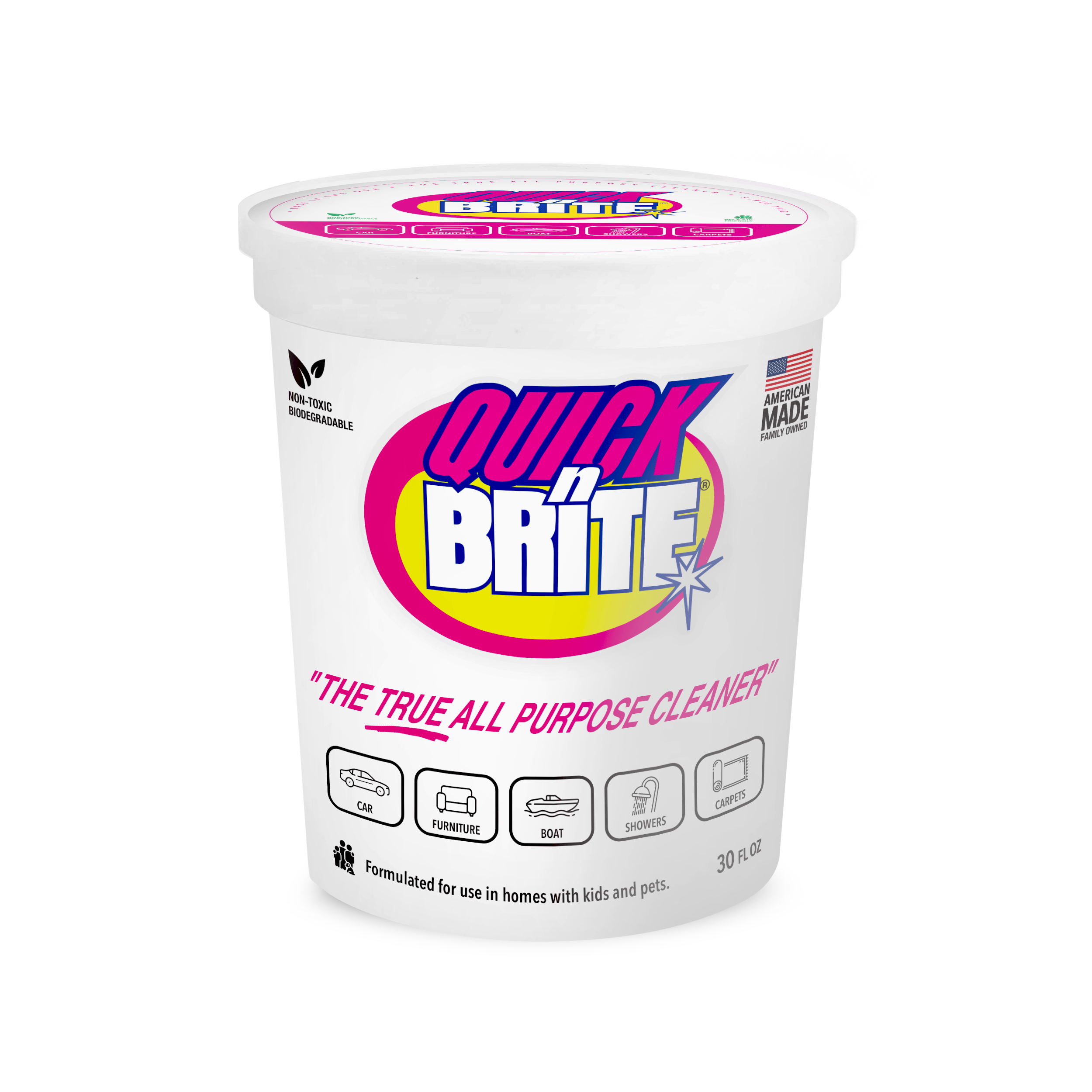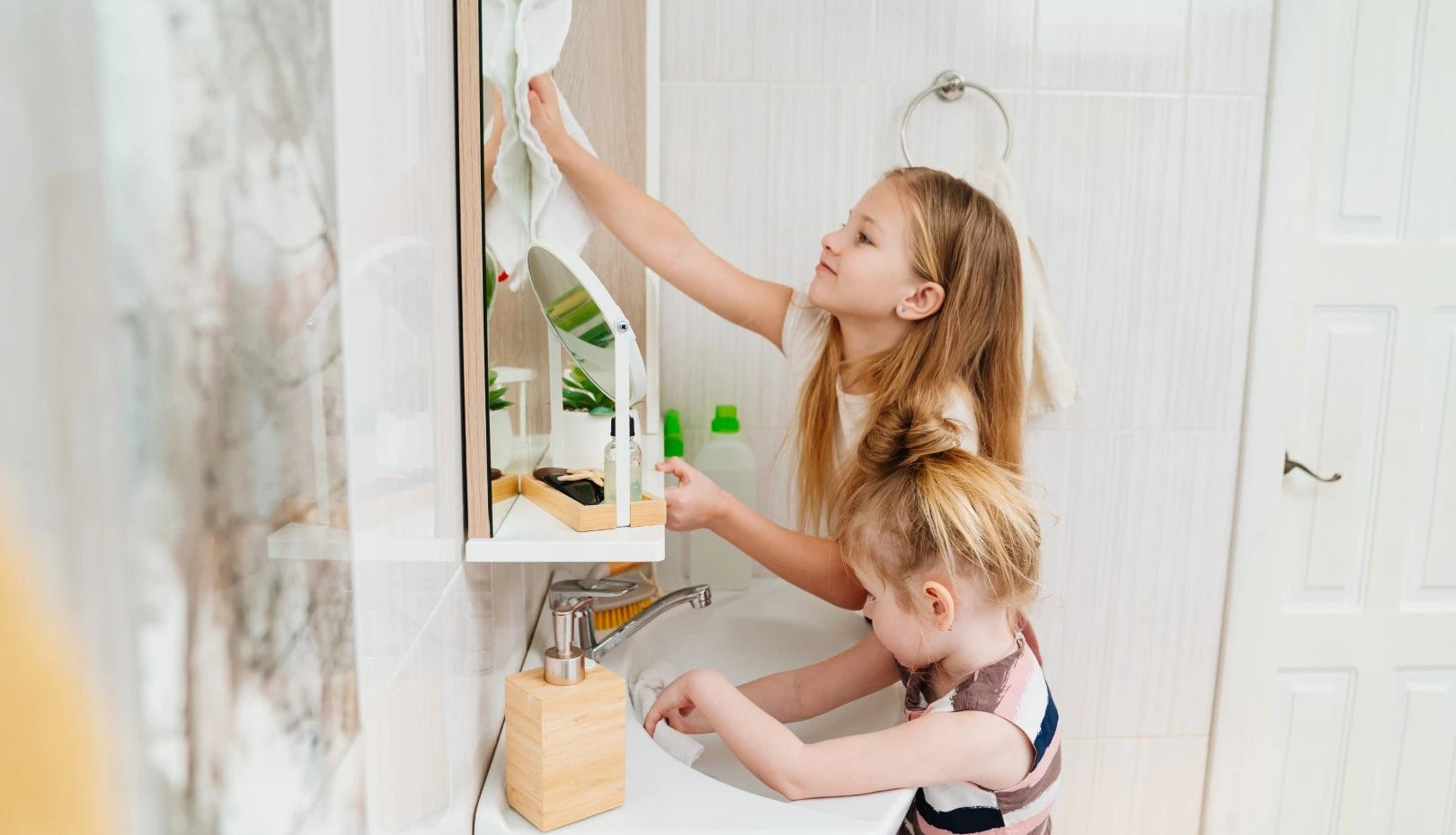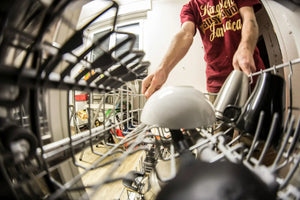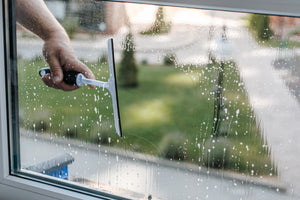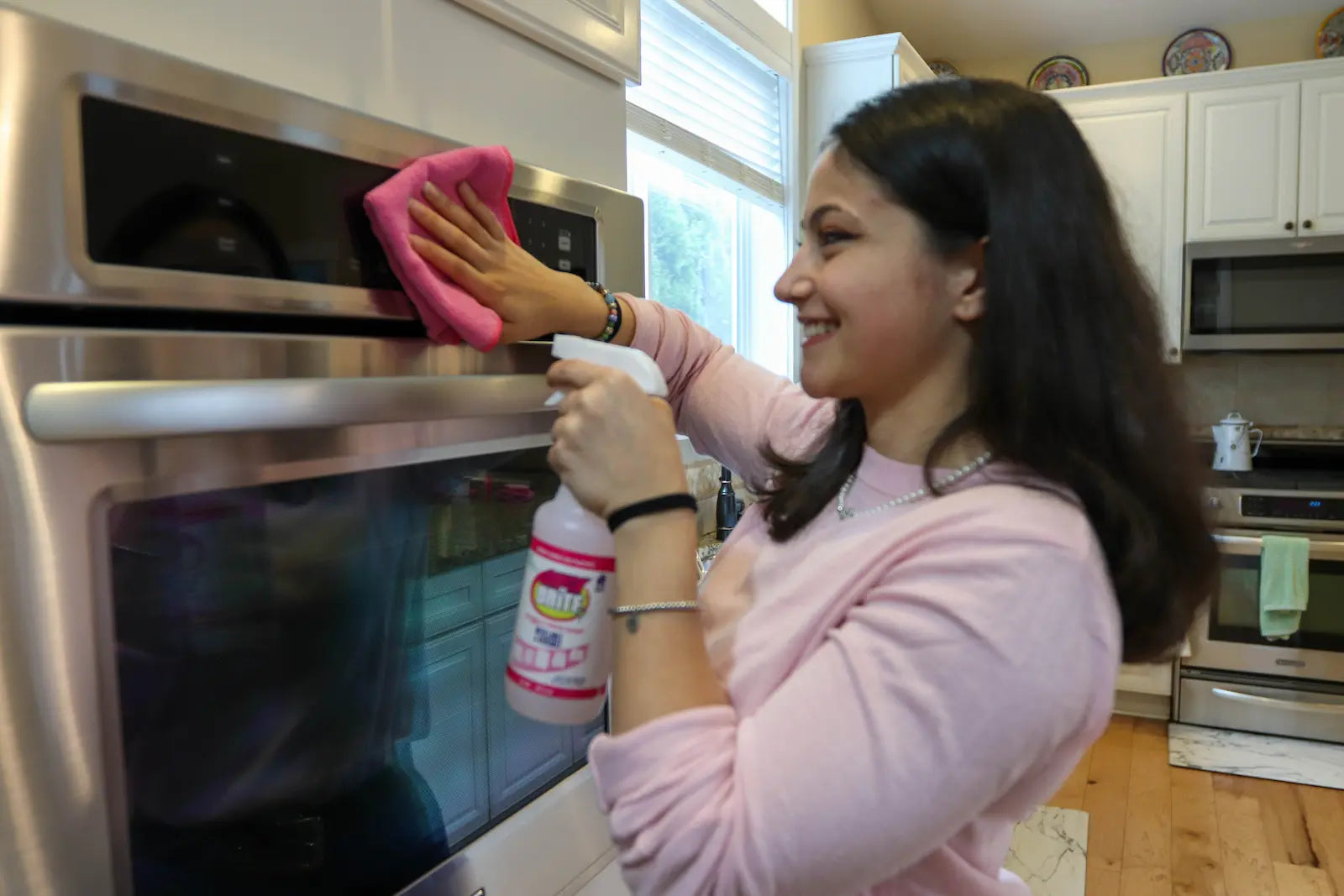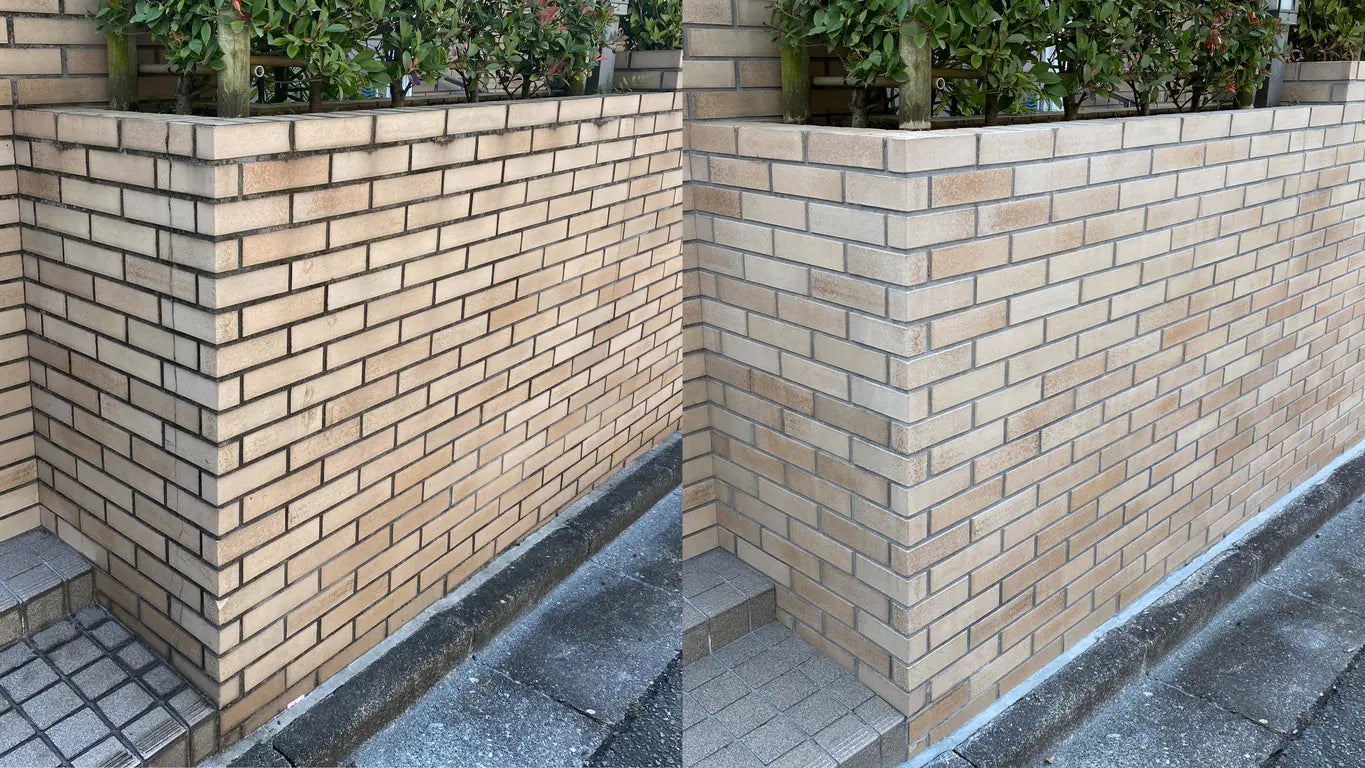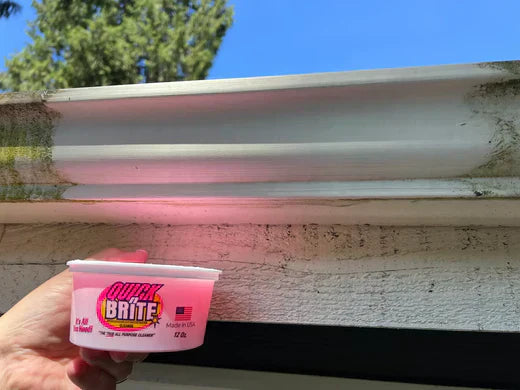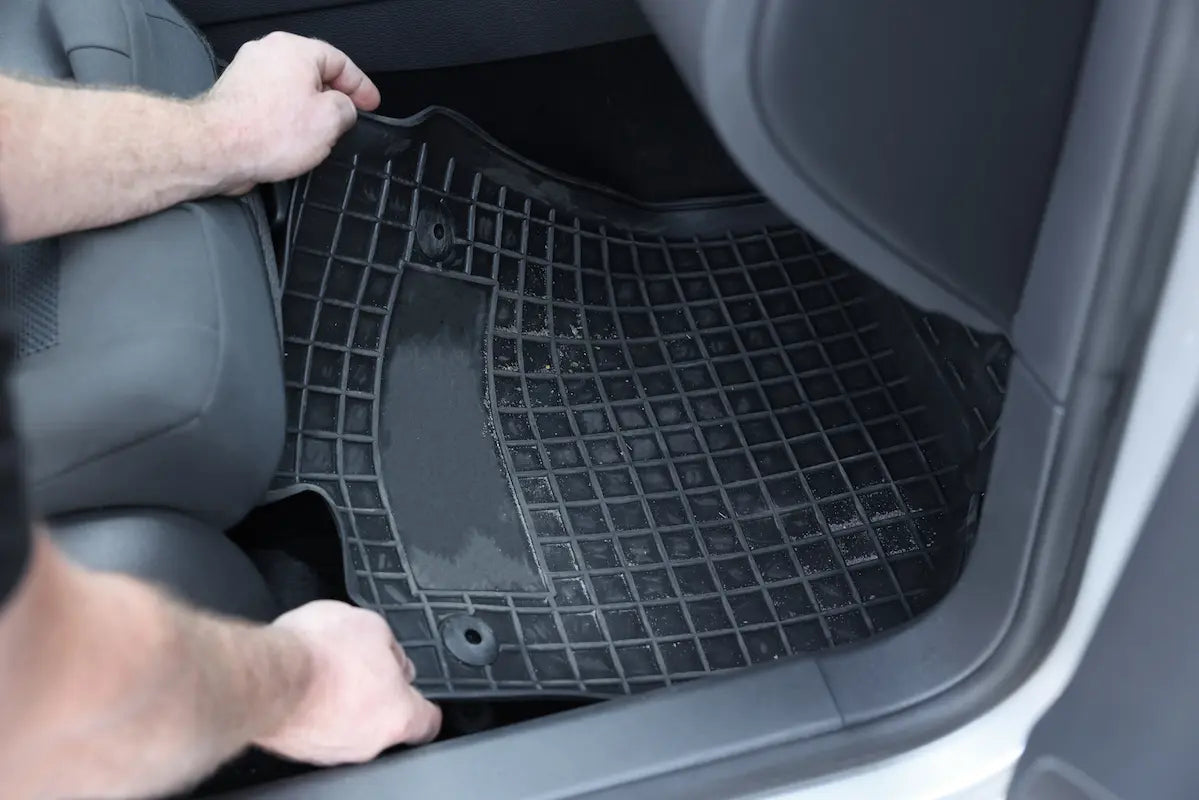Safe Cleaning Products: Why They Matter and How to Choose Them
Hi there! Let’s talk about something we all care about: keeping our homes clean and safe. Cleaning is part of our daily routine, but have you ever stopped to think about the products you’re using? Many traditional cleaners may leave your counters spotless, but they can also introduce harmful chemicals into your home. It doesn’t have to be this way—there are safer, eco-friendly alternatives that are just as effective without compromising your family’s health or the environment.
Why Choose Safe Cleaning Products?
First things first: traditional cleaning products often come with a long list of chemicals you can’t pronounce. These chemicals, like ammonia, phthalates, and bleach, may make your house sparkle, but they can also cause skin irritation, breathing issues, and even contribute to long-term health risks. Worse, when you rinse them away, these substances often end up in our waterways, harming marine life and ecosystems.
By switching to safe, non-toxic cleaning products, you’re not just protecting your family’s health—you’re also doing your part for the planet. It’s a win-win.
How to Spot Safe Cleaning Products
Choosing safer options starts with reading labels carefully. Unfortunately, many conventional products hide harmful ingredients behind terms like “fragrance” or “proprietary blend.” Here’s what to look for instead:
- Ingredients You Recognize: Safe products often use natural ingredients like baking soda, citric acid, or coconut oil-derived surfactants.
- No Harsh Chemicals: Avoid cleaners with ammonia, bleach, triclosan, or phthalates.
- Eco-Friendly Packaging: Look for recyclable or refillable containers to reduce waste.
- Transparency: Companies that list all their ingredients on the label or website are usually more trustworthy.
Quick 'n Brite: A Safe, Eco-Friendly Choice
If you’re wondering where to start, let me introduce you to Quick 'n Brite. It’s been a favorite in my household for years because it checks all the boxes: non-toxic, biodegradable, economical, and incredibly versatile. It’s tough on dirt, grease, and grime but gentle enough to use around kids, pets, and even food prep areas. Plus, it’s packaged with sustainability in mind, which is a big win for the planet.
What makes Quick 'n Brite stand out is its multi-surface capability. From kitchen counters and fireplaces to bathroom tiles and outdoor grills, it’s my go-to for tackling messes that are big and small.
Why Make the Switch?
Still on the fence? Here are some benefits of choosing safe, eco-friendly cleaners:
- Healthier Home Environment: Reduces exposure to harmful chemicals, which means fewer skin irritations, allergies, and respiratory issues.
- Environmental Protection: Eco-friendly ingredients break down naturally, preventing pollution and protecting wildlife.
- Kid- and Pet-Friendly: No harsh fumes or residues, so you can clean with peace of mind.
- Multi-Purpose Solutions: Safe cleaners, like Quick 'n Brite, are designed to work on multiple surfaces, saving you time and money.
FAQs About Safe Cleaning Products
Q: Are safe cleaning products as effective as traditional ones?
Yes! Many eco-friendly cleaners, like Quick 'n Brite, are just as effective at removing dirt, grease, and stains as their chemical-laden counterparts. They’re designed to work without compromising safety or the environment.
Q: Can safe cleaning products disinfect surfaces?
Not all eco-friendly cleaners disinfect. If disinfection is necessary, you can pair your cleaning routine with simple natural cleaning options like vinegar or hydrogen peroxide. Quick 'n Brite excels at cleaning but is not intended as a disinfectant.
Q: Are eco-friendly cleaners more expensive?
Not necessarily. Many safe cleaners are concentrated and designed to last longer, which can save you money over time. Quick 'n Brite, for example, is a great value because it works on so many surfaces.
Q: Can I use Quick 'n Brite on delicate surfaces?
Yes! Quick 'n Brite is gentle enough for most surfaces, including glass, stainless steel, and even fabric. Always test on a small area if you’re unsure.
Make the Switch Today
Switching to safe cleaning products doesn’t have to be complicated, and the benefits are worth it. With options like Quick 'n Brite, you can clean your home effectively while protecting your loved ones and the planet. So why wait? Let’s start making every corner of your home sparkle—safely.
Shop Quick 'n Brite’s eco-friendly cleaning solutions today.
